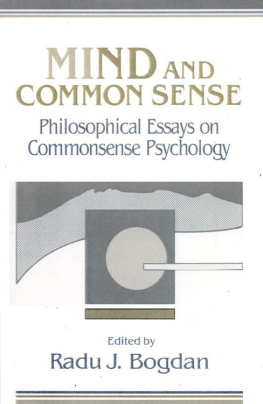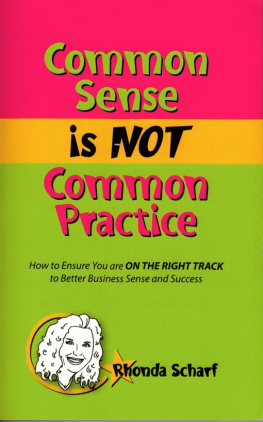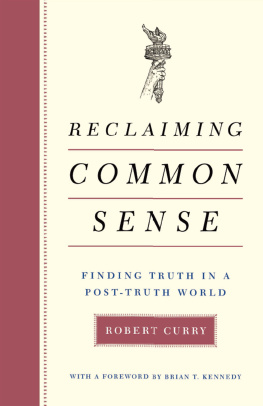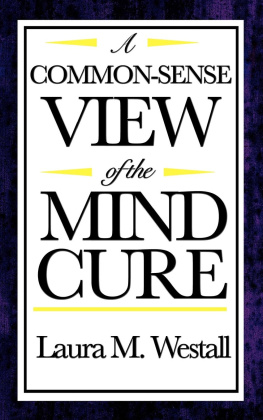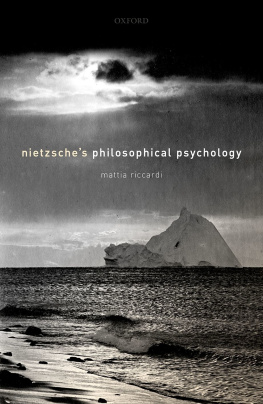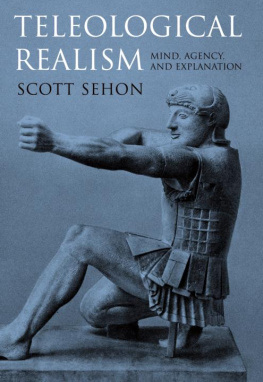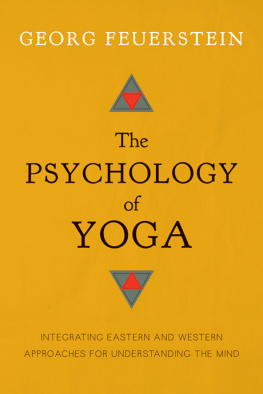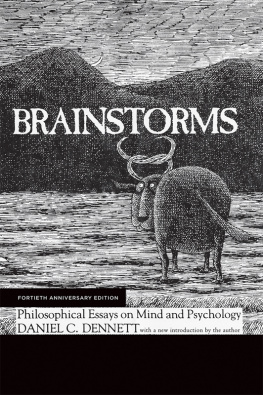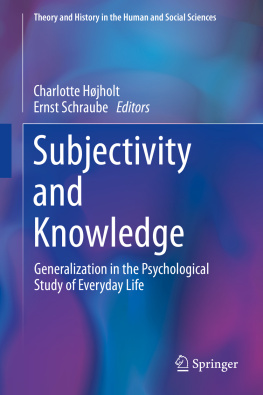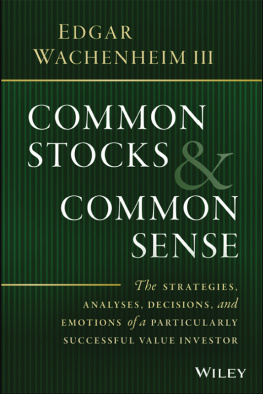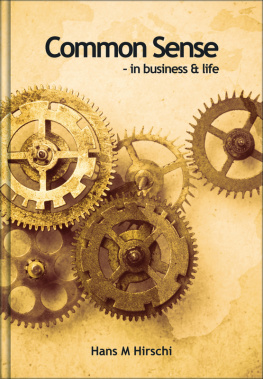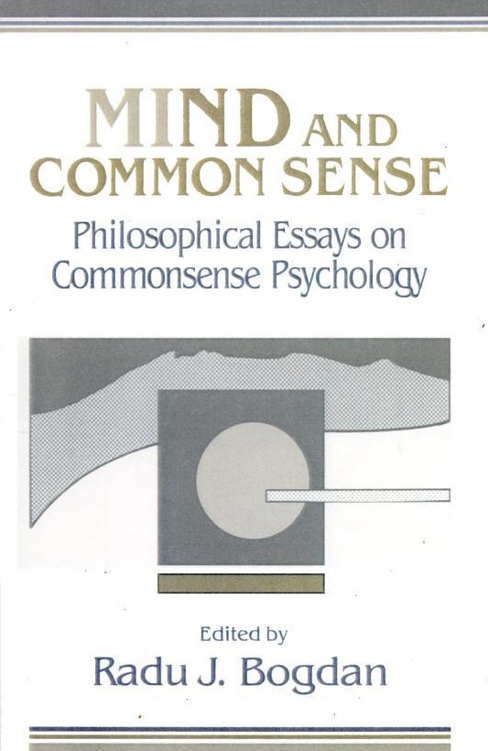
The contributors to this volume examine current controversies about the importance of commonsense psychology for our understanding of the human mind. Common sense provides a familiar and friendly psychological scheme by which to talk about the mind. Its categories (belief, desire, intention, consciousness, emotion, and so on) tend to portray the mind as quite different from the rest of nature, and thus irreducible to physical matter and its laws.
In this volume a variety of positions on commonsense psychology, from critical to supportive, from exegetical to speculative, are represented. Among the questions posed are these: Is commonsense psychology an empirical theory, a body of analytic knowledge, a practice, or a strategy? If it is a legitimate enterprise, can it be naturalized or not? If it is not legitimate, can it be eliminated? Is its fate tied to our understanding of consciousness? Should we approach its concepts and generalizations from the standpoint of conceptual analysis or that of philosophy of science?
MIND AND COMMON SENSE
Mind and Common Sens e
Philosophical Essays on Commonsense Psychology
Edited by
RADU J. BOGDAN
Tulane University
The right of theUniversity of Cambridgeto print and sellall manner of bookswas granted byHenry VIII in 1534.The University has printedand published continuouslysince 1584.
CAMBRIDGE UNIVERSITY PRESS
CAMBRIDG E NEW YORK PORT CHESTER MELBOURNE SYDNEY
Published by the Press Syndicate of the University of Cambridg e The Pitt Building, Trumpington Street, Cambridge CB2 1RP 40 West 20th Street, New York, NY 10011, USA 10 Stamford Road, Oakleigh, Melbourne 3166, Australia
Cambridge University Press 1991
First published 1991
Library of Congress Cataloging-in-Publication Data
Mind and common sense: philosophical essays on commonsense psychology / edited by Radu J. Bogdan. p. cm. Includes indexes. ISBN 0-521-40201-8 1. Psychology - Philosophy. 2. Philosophy of mind. 3. Commonsense. I. Bogdan, Radu J. BF38.M55 1991
150-dc20 90-48289 CIP
British Library Cataloguing in Publication Data
Mind and common sense : philosophical essays on commonsense psychology.
1. Psychology. Theories
I. Bogdan, Radu J.
150.1
ISBN 0-521-40201-8 hardback
Transferred to digital printing 2003
| Contents |
|---|
| List of Contributors | page vii |
|---|
| 1 | The Folklore of the Mind | 1 |
|---|
| RADU J. BOGDAN |
|---|
| Analysis without Noise | 15 |
|---|
| JONATHAN BENNETT |
|---|
| Folk Psychology and the Explanation of Human Behavior | 37 |
|---|
| PAUL M. CHURCHLAND |
|---|
| Methodological Reflections on Belief | 53 |
|---|
| ROBERT CUMMINS |
|---|
| Consciousness and Content | 71 |
|---|
| COLIN MCGINN |
|---|
| The Inevitability of Folk Psychology | 93 |
|---|
| ADAM MORTON |
|---|
| How Is Eliminative Materialism Possible? | 123 |
|---|
| ALEXANDER ROSENBERG |
|---|
| The Long Past and the Short History | 144 |
|---|
| KATHLEEN V. WILKES |
|---|
| Common Sense Naturalized: The Practical Stance | 161 |
|---|
| RADU J. BOGDAN |
|---|
| Index | 207 |
|---|
Contributors
JONATHAN BENNETT, Professor of Philosophy, Syracuse University. Author of Rationality (1964), Linguistic Behavior (1976), and Events and
Their Names (1988).
RADU J. BOGDAN, Associate Professor, Tulane University, New Orleans. Editor of Local Induction (1976) and Belief (1986) and author of articles on philosophy of mind and epistemology.
PAUL M. CHURCHLAND, Professor of Philosophy, University of California, San Diego. Author of Scientific Realism and the Plasticity of Mind (1979), Matter of Consciousness (1984), and A Neurocomputational Perspective (1989).
ROBERT CUMMINS, Professor of Philosophy, University of Arizona, Tucson. Author of The Nature of Psychological Explanation (1983) and Meaning and Mental Representation (1989).
COLIN MCGINN, Professor of Philosophy, Rutgers University, New
Brunswick. Author of The Character of Mind (1982), The Subjective View
(1983), and Mental Content (1989).
ADAM MORTON, Professor of Philosophy, University of Bristol. Author of Frames of Mind (1980) and of articles on epistemology and
philosophy of mind and language.
ALEXANDER ROSENBERG, Professor of Philosophy, University of
California, Riverside. Author of Microeconomic Laws (1976), Sociobiol
ogy and the Preemption of Social Science (1980), and The Structure ofBiolog
ical Science (1985).
KATHLEEN V. WILKES, Fellow, St. Hilda's College, Oxford. Author
of Real People (1988) and of articles on metaphysics and philosophy of
mind.
The Folklore of the Mind
RADU J. BOGDAN
A distinguished wise man, Emil Cioran, with whom I share a country of birth and the thought that follows, said once that the two most interesting things in life are gossip and metaphysics. I can hardly think of a more self-evident and enjoyable truth, if wisely construed. This volume combines the two pleasures, for it is an exercise in the metaphysics of wise gossip, of how we make sense of each other, and how, as a result, we interpret, explain, rationalize, and evaluate our representations and actions. The body of wisdom that allows us to do all this is currently called folk or commonsense psychology. I will also call it psychofolklore or the folklore of the mind.
The folklore of the mind has probably been around for as long as minds have. People were so used to it that they rarely asked serious questions about its nature and modus operandi. Little appeared to be at stake. Not anymore; there is now a surprising surge of interest in our psychofolklore. The stakes are high. It is not that we want to understand the mind. We always wanted that. It is rather that now, unlike in the past, our psychofolklore has a role to play in our understanding of the mind. Why such a role, and what could it be? It is true that common sense provides the home language in which we conceptualize the mind. It is also true that, when cleverly reconstructed by philosophers and opposed to science, commonsense psychology appears to offer ideological support and protection by portraying the mind as special, unique, and different from the rest of nature, and thus irreducible to physical matter and its laws.
But there must be more than that. The distant universe has always been of interest to ordinary people, which is why they came up with folk astronomy. In clever hands, folk astronomy too was put to useful ideological work: We are in the center of the universe, everything revolves around the earth, and other reassuring stuff like this. Folk astronomy wasn't a capricious invention. It was based on solid folksy evidence: It looked that way to most people. It still does. (One recent poll, reported in a recent Economist, reveals that only 34% of Britons know that the earth goes around the sun and that it takes a year to do so. One-fifth of the Britons are also reported to think the earth is hurtling around the sun once a day. Must be pretty dizzy in Britain.) And yet, folk astronomy has been effectively marginalized, mostly because its scientific counterpart works so much better, and visibly so.

